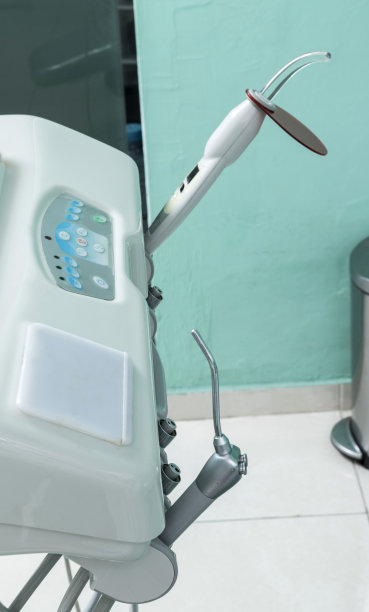Essential Guide to Important Precautions Before Undergoing Dental Implant Surgery for Optimal Results and Safety
Summary: Dental implant surgery can significantly improve your oral health and restore your smile. However, careful considerations must be made prior to the procedure to ensure its success and to mitigate risks. This essential guide outlines critical precautions, including comprehensive consultations with your dentist, evaluating your overall health, preparing for post-surgical care, and understanding the importance of choosing a qualified surgical team. By following these guidelines, patients can achieve optimal results and enhance their safety during the process.
1. Importance of Comprehensive Consultation

The first step before undergoing dental implant surgery is to have a comprehensive consultation with your dental professional. This session should encompass a detailed discussion of your medical history, any medications you take, and lifestyle factors such as smoking or alcohol consumption. Providing accurate information will help the dentist determine your suitability for the procedure.
During this consultation, the dentist will also conduct an examination of your oral health, including X-rays or 3D imaging to assess bone density and structure. Understanding the existing condition of your jawbone is pivotal, as adequate bone quality is essential for successful implant placement.
Furthermore, your dentist may recommend additional treatments, such as bone grafting, if your jawbone does not have the necessary density. Being proactive about these discussions ensures you are well-informed, which is crucial for making the right decisions regarding your oral health.
2. Evaluating Overall Health Conditions
Your overall health significantly influences the success of dental implant surgery. Conditions such as diabetes, heart disease, and autoimmune disorders can complicate the healing process and may affect the bodys ability to integrate the implant effectively. Therefore, it is essential to discuss these health issues comprehensively with your dentist.
If you have any chronic conditions, your dentist may request a medical evaluation from your physician to assess your fitness for surgery. Its crucial to manage these conditions preemptively to minimize potential complications during and after the implant procedure.
Additionally, habits such as smoking or uncontrolled hypertension can hinder recovery. Quitting smoking prior to surgery can significantly enhance healing and overall results. Taking these health evaluations seriously lays the foundation for a successful dental implant experience.
3. Preparing for Post-Surgical Care
Preparation for post-surgical care is another critical precaution to take before dental implant surgery. Understanding the recovery process, including potential discomfort and the need for pain management, helps patients set realistic expectations. Your dentist should provide clear instructions regarding medications and dietary choices both before and after the surgery.
Post-surgical care may involve following a soft food diet, maintaining proper oral hygiene, and attending follow-up appointments. Preparing your home environment in advance—such as stocking up on soft foods and recovery essentials—can make your healing process smoother.
Moreover, stopping certain medications that may interfere with healing, such as blood thinners, must be addressed during your consultation. Coordinate with your healthcare professional to devise a safe plan for managing these medications around the time of the surgery.
4. Importance of Qualified Surgical Team
Choosing a qualified and experienced surgical team is paramount for ensuring the safety and success of your dental implant surgery. Researching potential dentists, their certifications, and prior patient reviews can provide valuable insights into their expertise.
Not only must the dentist be skilled in performing the surgery, but they should also have a strong foundation in periodontology, oral surgery, and reconstructive dentistry. This multifaceted knowledge ensures a comprehensive understanding of the complexities of the procedure.
Furthermore, a top-notch surgical team will maintain strict hygiene and safety protocols to minimize any risk of infection. Engaging with a qualified team brings peace of mind and maximizes the probability of achieving desired results from your dental implants.
Summary:
In conclusion, taking essential precautions prior to dental implant surgery is crucial for achieving optimal results and ensuring patient safety. From thorough consultations and assessing overall health conditions to preparing for aftercare and choosing a qualified surgical team, following these guidelines will significantly enhance your experience and outcomes.
This article is compiled by Vickong Dental and the content is for reference only.



